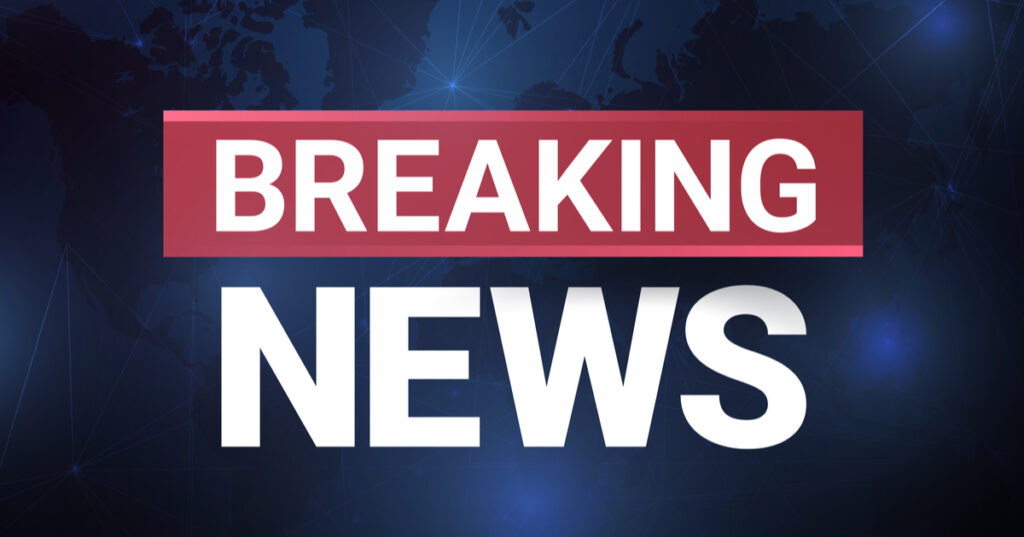The shutdown fight exposed how federal subsidies flow through the Obamacare system, enriching insurance companies and feeding political donations, leaving taxpayers and patients with little benefit.
The latest shutdown saga pulled back the curtain on how Obamacare’s money moves, and the picture is ugly from a Republican perspective. Rather than primarily helping patients, the subsidy structure now looks like a pipeline to big insurers and their donors. That dynamic has been hiding for years until budget brinkmanship forced attention on the mechanics and the money.
Taxpayer-funded subsidies expanded during the COVID era have become permanent political leverage that benefits insurance executives more than ordinary Americans. Estimates show that Obamacare subsidies that Democrats are fighting so hard to make permanent totaled $1.8 trillion in 2023 alone. Those dollars flow into the industry, and then a lot of that influence ends up back in Democratic campaign chests.
Insurance companies have seen massive profit and valuation gains over the life of the law while most patients still face high costs and uneven care. Net earnings for insurers reportedly ballooned about 216% from 2010 to 2024, and stock values climbed 1,032% from 2010 and 448% from 2013. UnitedHealth Group, with a market share of around 15%, led the surge in profits and value.
That level of concentrated gain raises obvious questions about who benefits and who pays the price, and why Congress hasn’t forced real accountability. The mechanisms that make Obamacare function have escaped serious scrutiny for years, giving private insurers a near-monopoly on capturing subsidy dollars. For conservatives, this isn’t just policy failure; it’s a corruption problem where politics and profits are tightly intertwined.
Some reporting has tracked how insurer net income and market valuations exploded while premiums and care outcomes showed little meaningful improvement for most Americans. Critics point to insurance executives’ large donations to Democratic campaigns as evidence of a reciprocal arrangement that protects industry-friendly policy. It’s hard to ignore the optics when money, influence, and policy line up so neatly to benefit the same players.
There are specific examples that sharpen the critique: UnitedHealth Group’s outsized role in the market, explosive profit growth, and the fact that executives tied to those companies have become political players. It’s also true that high-profile incidents and investigations involving industry figures have drawn further scrutiny to the sector. Those facts make a persuasive case for lawmakers to revisit the incentives created by the law.
President Trump took the angle conservatives expected and called out the political payoff directly, posting, “Democrats claim to be working for ‘the little guy,’ and driving down your Health Insurance, but the OBAMACARE SCAM goes STRAIGHT TO THEIR BEST FRIENDS IN THE INSURANCE INDUSTRY. THEY ARE MAKING A ‘KILLING,’ while Health Coverage only gets WORSE.” His point, blunt as it was, centers on the mismatch between rhetoric and results when money and influence are involved.
Trump continued with a concrete proposal and a warning in the same post, saying, “If Democrats get their way again, they’re in for another HUGE Payday at the expense of the American People. NO DEAL! Republicans should give money DIRECTLY to your personal HEALTH SAVINGS ACCOUNTS that I expanded in our GREAT BIG BEAUTIFUL BILL.” The call to redirect funds away from insurers and toward individuals reflects a GOP preference for market-based, consumer-directed options.
From a Republican standpoint, the policy takeaway is straightforward: when subsidies reward middlemen instead of patients, you get a system that enriches industry and entrenches political alliances. Lawmakers who want to restore accountability should scrutinize subsidy flows, campaign contributions, and the regulatory incentives that let insurers harvest taxpayer dollars. If the goal is better care at lower cost, the subsidy structure and the political economy around it both need to change.



